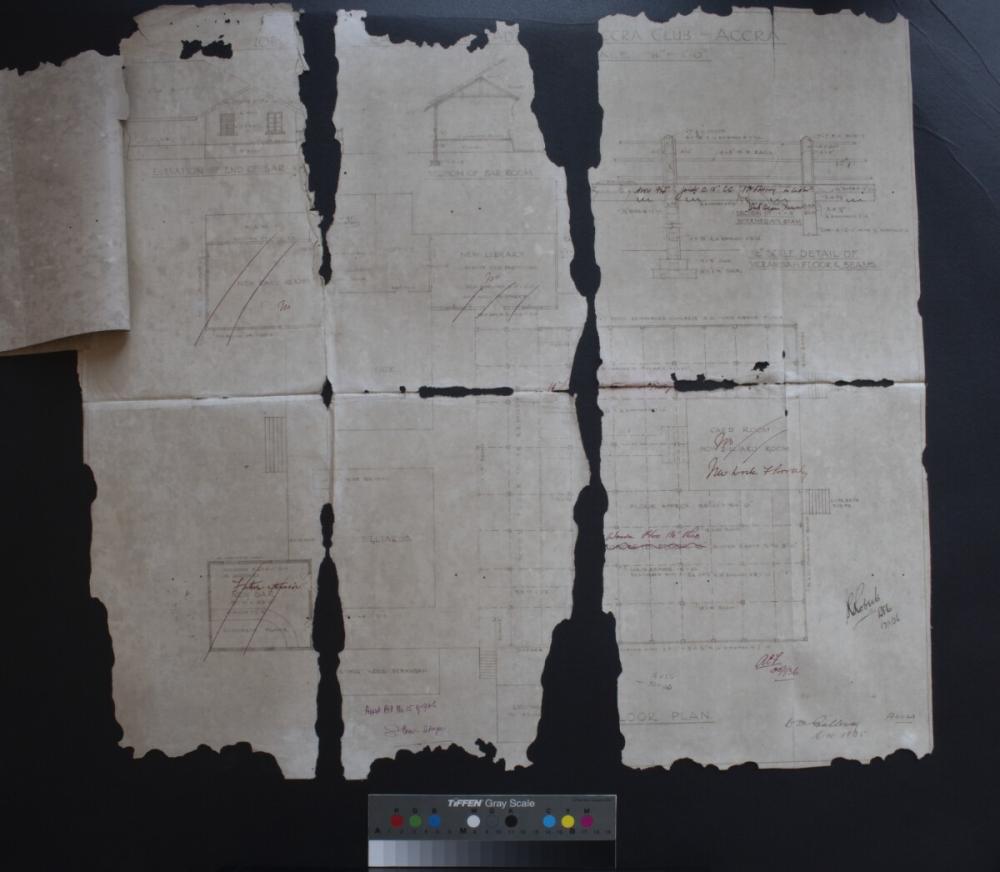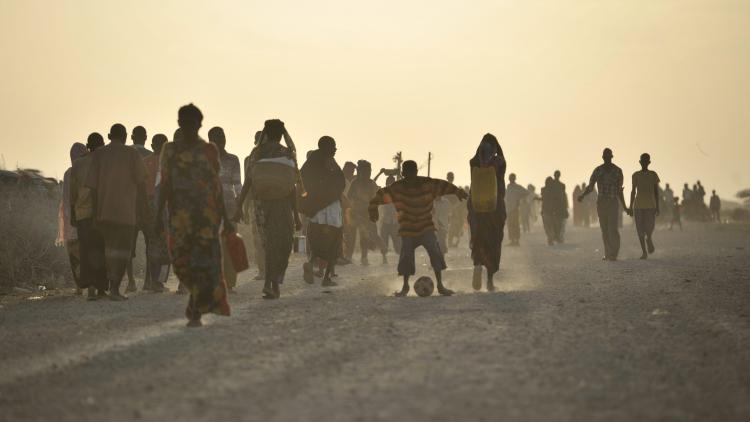Rules of the Accra Club: An exclusive look at a rare pamphlet for the colonial social club


The Special Collections team have acquired the only known surviving copy of a pamphlet showing the social life of British administrators and other European expatriates in West Africa.
SOAS Library Special Collections have recently acquired an extremely scarce copy of the Rules of the Accra Club (Accra: 1899). This unassuming pamphlet, only 29 pages long, details the bylaws, rules, and members of the Accra Club, a social club established in the late 19th century by British colonial administrators in the Gold Coast (now Ghana).
This is the only known surviving copy, offering a unique glimpse into the social life of British administrators and other European expatriates in West Africa at the close of the 19th century.
A club exclusively for the elite
The Accra Club, initially known as the European Club, was founded by Sir William Edward Maxwell, KCMG, the governor of the Gold Coast from April 1895 to December 1897. In the Autumn of 1895, Maxwell secured permission to build a clubhouse at Victoriaberg, a high-status European residential area in Accra. This location was strategic—near the Colonial Secretary’s residence, post office, treasury buildings, and government printing office, where this very pamphlet was printed.
Completed in late 1896, the Accra Club officially opened to members on 22 June 1897, aligning its opening with Queen Victoria’s Diamond Jubilee celebrations. From its inception, the club’s purpose was to “provide means of recreation and social reunion” for its members. By 1899, membership was open to British officers earning an annual salary of at least £200, while other European men residing in the Gold Coast could gain partial membership.
Even into the mid-20th century, the club remained closed to African members.
Women – including the wives of members or women in employ of the British colonial government – were permitted to join as Honorary Members. Honorary membership provided access to most of the clubhouse amenities, though excluding the cards and billiards rooms, which were for “gentlemen only”. This rule was revised in later years, though even into the mid-20th century, the club remained closed to African members.
A mirror of British sociability abroad
Unsurprisingly, the Club emulated the style of similar social clubs back in Britain, both in its function and its attitudes. It provided various social spaces, including a dining hall, verandah, billiards room, cards room and a reading room, stocked with books, newspapers and periodicals (not to be removed from the clubhouse, of course).
Social clubs like the Accra Club became widespread in British territories, creating a familiar, exclusive environment for Europeans stationed in foreign colonies.
Despite these similarities, these clubs were distinct from their British progenitors as institutions of colonial civil society that inevitably incorporated aspects of both metropolitan and indigenous public spheres. Similar clubs became ubiquitous across the British-occupied territories in the nineteenth century, providing an oasis of familiarity to elite Europeans stationed in the colonies.
Preserving the club’s history through fragmentary evidence
The history of the Accra Club has not been well preserved. This is, in part, due to a lack of surviving documentary evidence. The club's founder, William Edward Maxwell, died from Malaria in 1897 and requested that all his personal papers and diaries be destroyed upon his death (fortunately, this did not include his manuscript collection, which is now across the road at the Royal Asiatic Society). The 1899 pamphlet reveals some basic information about the club, including its members and its conventions; at least, at a specific point in time.
We know from fragments of a building permit, which was discovered in the City Engineer's Department (Jamestown, Accra, Ghana), that the club continued to develop well into the twentieth century. The permit, which is dated 22 January 1936, grants permission for the erection of a new verandah, and includes floor plans detailing a new bar, a lounge and a library – all of which had been added since 1899. These plans were digitised by SOAS in 2020 and are freely available online as part of the Endangered Archives Programme (EAP1161/1/2/6/3).
With the acquisition of this pamphlet, we hope that our collections can contribute towards further research into this complicated area of colonial studies
By January 1956, as recorded in The Accra Survey: A Social Survey of the Capital of Ghana, there were six clubs in Accra, half of which excluded African members, including the Accra Club. At this time, the club offered a range of activities such as golf, billiards, dancing, squash, film screenings, and band concerts. With entrance fees set at £5.5s and annual subscriptions at £7.10s, the club boasted 1,220 members, making it the largest in Accra by a significant margin.
A window into colonial sociability in West Africa
The history of British colonial sociability and club life has been the subject of academic study. However, much of this study focuses on South Asia – particularly India – while enquiry into the manifestation of imperial sociability in other colonies, such as the Gold Coast, has been largely neglected. With the acquisition of this pamphlet, we hope that our collections can contribute towards further research into this complicated area of colonial studies and provide researchers with the material to learn more about social life in British colonial Ghana at the turn of the 20th century.
Further reading
- Acquah, Ioné, Accra survey: a social survey of the capital of Ghana, formerly called the Gold Coast, undertaken for the West African Institute of Social and Economic Research, 1953-1956, (1972), p.160.
- George Macdonald, The Gold Coast, past and Present. A short description of the country and its people, (1898), p.200.
- Acquah, Accra Survey, (1972), pp.160-161.
About the author
Alex Kither is a Special Collections Curator (Rare Books & Manuscripts) at SOAS University of London.



